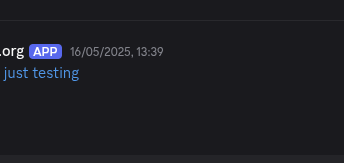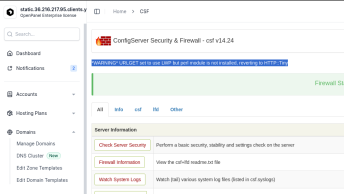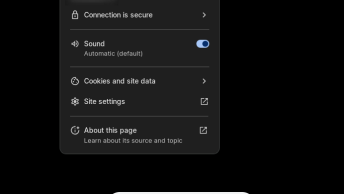Actually, there are plenty of ways to contribute without coding:
- Submit bug reports
- Suggest new features and options
- Make other comments on how to improve the the quality of the program
- Help write good documentation
- Translate the documentation (and program text) into another language
- Read existing documentation, follow the examples, and make corrections
- Correct spelling and grammar mistakes in documentation
- Develop spelling and grammar style conventions for documentors
- Build a glossary of technical terms
- Convert documentation into more useful formats (i.e. DocBook)
- Create templates to write documentation in a WYSIWYG word processor (AbiWord, KWord) and XSLT to transform it into DocBook
- Create diagrams, screen-shots, and graphics for documentation
- Submit graphics (icons, backgrounds) to use in the program
- Help other people learn how to use the program (answer questions on mailing lists or IRC channels)
- Write an email expressing your appreciation for the programs you use
- Send the programmers post cards
- Send the programmers a virtual beer
- Write your legislators about the concerns that Open Source programmers have with recent and upcoming legislation
- Write book reviews and critiques
- Write a book
- Maintain a FAQ or HOWTO document
- Help organize LUG events, including InstallFests, BugFests, and DocFests
- Help write articles for the LUG newsletter
- Help update the LUG web site
- Help maintain a web site for an Open Source project
- Design a better user interface for your favorite program (GLADE and Qt Designer are great for mocking up a new UI)
- Run usability studies
- Create validation or regression test cases
- See how a program handles streams of random data
- Package the application for a particular Linux distro (or other OS)
- Get the program to compile on a new platform
- Create a Linux advocacy web site (probably not so easy to do right)
- Provide training to new Linux users
- Read relevant standards and make sure the program follows them
- Convince people to chose Open Source products when possible
- Write up case studies of successful Open Source implementations
- Send the programmers some money
Here are some suggestions if you want to start coding for an Open Source project:
- Read a lot of code, and learn from that (I’ve never seen a book that stressed this enough, but it is critical, and you’ll read much more than you write, especially with Open Source)
- When reading code, consult include files for info on library functions (Learn how to grep for the function or structure you are looking for)
- Start small, with one-line changes to existing programs (You don’t have to understand too much to do this in many cases)
- Write your own small programs just to learn the language and libraries
- Start off commenting existing code where it needs it
- Write some documentation on the architecture of the program
- Learn how to use all the tools (CVS, diff, patch, libtool, automake…)
- Experiment by making changes to your local copy of the code
- Test your code thoroughly before you submit it
- Adhere to the maintainer’s coding and formatting standards
- Don’t get discouraged when your patches are rejected (they will be!)
This list was contributed by Craig Buchek to the St. Louis Unix Users Group listserv on 6 February 2020.



